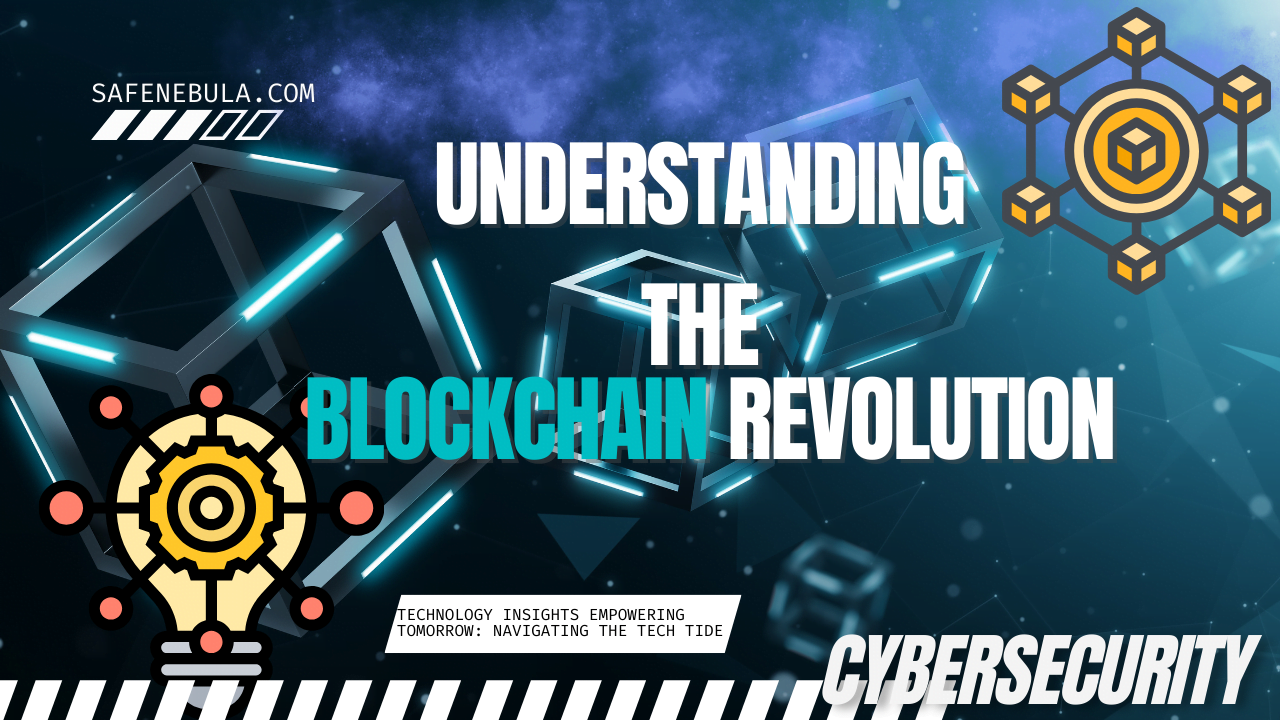Blockchain technology, often synonymous with cryptocurrencies like Bitcoin, extends far beyond the realms of digital currency. This revolutionary technology promises to transform various sectors by offering a decentralized, secure, and transparent way of recording transactions and managing data. This exploration into blockchain technology will cover its foundational principles, potential applications beyond cryptocurrencies, and its profound impact on industries by enhancing transparency and security.
The Basics of Blockchain Technology

At its core, blockchain is a distributed ledger technology that allows data to be stored across a network of computers worldwide, making it nearly impossible to hack or cheat the system. Each “block” in the chain contains a number of transactions; every time a new transaction occurs, a record of that transaction is added to every participant’s ledger. What sets blockchain apart is its key features: decentralization, transparency, and immutability.
- Decentralization: Unlike traditional databases that are controlled by a central authority, blockchain distributes its data across many computers, ensuring no single point of failure.
- Transparency: Every participant in the network can view the transactions stored in the blocks, ensuring transparency.
- Immutability: Once a transaction is recorded in a block, it cannot be altered without the consensus of the network, securing data integrity.
Beyond Cryptocurrencies: Blockchain’s Potential Applications
Supply Chain Management: Blockchain offers unparalleled visibility and traceability in supply chains, allowing every stakeholder to track the journey of a product from origin to consumer. This not only enhances trust but also significantly reduces inefficiencies and fraud.
Secure Voting Systems: By leveraging blockchain, voting systems can be made more secure and resistant to tampering. Blockchain can ensure that votes are cast as intended and counted as cast, potentially revolutionizing the way democratic processes are conducted.
Digital Identity Verification: Blockchain can provide a secure and immutable way to manage digital identities, offering a solution to identity theft and fraud. Individuals can control their digital identities and share them securely with entities that require verification, without the risk of exposure.
The Impact on Transparency and Security
Blockchain’s impact on enhancing transparency and security across various industries cannot be overstated. In sectors where trust is paramount, such as finance, healthcare, and real estate, blockchain can provide a transparent and secure method for recording transactions and managing records. Its potential to eliminate intermediaries, reduce costs, and streamline processes is driving innovation and opening new avenues for efficiency and trust.
Conclusion
The blockchain revolution is set to redefine the landscape of many industries by offering a secure, transparent, and decentralized framework for data management and transactions. While cryptocurrencies introduced the world to blockchain, the technology’s true potential lies in its ability to transform traditional systems and processes. As we continue to explore and expand the applications of blockchain, its impact on fostering transparency and enhancing security in the digital age is undeniable. Embracing blockchain technology could very well be the key to unlocking a future marked by unparalleled trust and efficiency in global systems.

If you’re looking for a blockchain book that isn’t just a two-hour Bitcoin hype that reads like a high school report, then you’ve come to the right place
Blockchain has been called the biggest technological innovation since the world wide web.
This technology is already disrupting the way we look at our banking sector, how we view our governments and what our future currency will look like.
However, the mainstream media isn’t any good at telling you what blockchain actually is, or how it works.
They’d rather just print misleading headlines and play 5 second inaccurate soundbites on TV.
You see, blockchain goes beyond Bitcoin and cryptocurrency in general.
This is a technology that provides countless practical solutions to real world problems ranging from fighting fraudulent financial transactions all the way to helping HIV research.
This book separates fact from fiction, goes beyond the hype and shows precisely how blockchain is going to influence our future.
